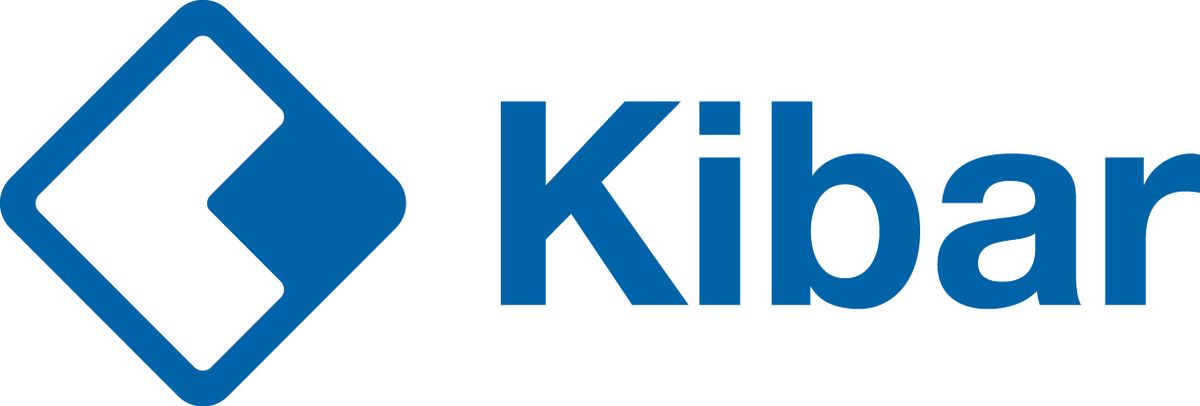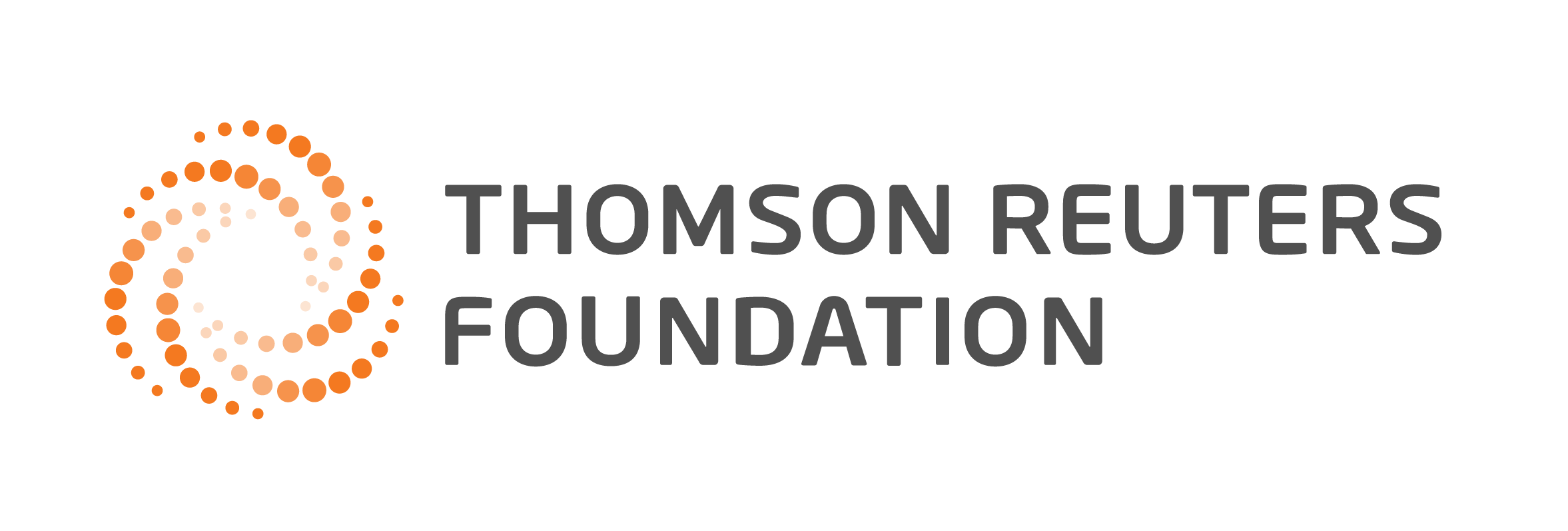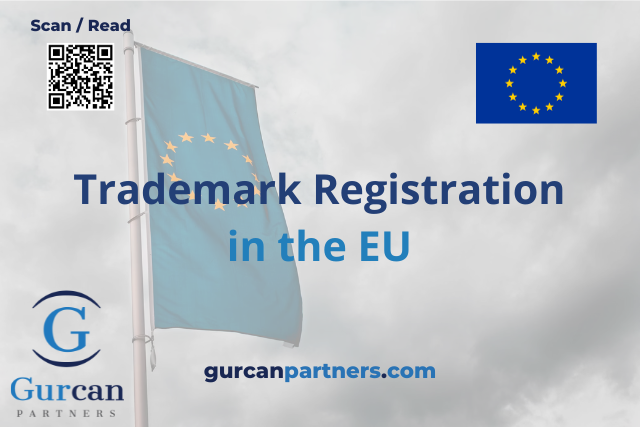So far we have assisted over 400 companies.








In this article, we look into how trademark registration works in 2023. We’ll cover the basics, the global impact of the Madrid Protocol, economic aspects, and the rules in the European Union.

Contents
Trademark registration is a crucial and integral aspect of protecting intellectual property in the dynamic business landscape of 2023. A trademark serves as a distinctive symbol that allows customers to readily associate a product, service, or person with a specific sign, providing a unique identity in the marketplace. The process of trademark registration involves officially recording a commercial product with a country’s trademark system, solidifying legal rights and safeguards for the entity holding the mark.
So far we have assisted over 400 companies.







In the contemporary business environment, where competition is fierce and innovation is rampant, trademark registration plays a pivotal role in shielding against the unauthorized use or exploitation of inventions. Beyond the legal framework, trademark registration also fosters robust customer relations by enabling consumers to easily recognize and connect with products or services bearing a specific trademark. This recognition not only enhances brand loyalty but also empowers consumers with the assurance that the products or services associated with a particular trademark meet certain standards of quality and authenticity.
The significance of trademark registration extends beyond the immediate benefits for inventors or businesses. It is equally valuable for consumers, granting them the right to discern and identify products in a crowded marketplace. Through trademark registration, consumers are provided with a reliable means of associating their positive experiences with a particular brand, fostering trust and loyalty over time. In an era marked by information overload and myriad choices, trademarks serve as beacons of reliability, guiding consumers towards products and services they can trust.
Moreover, in the rapidly evolving landscape of the global economy, trademark registration acts as a safeguard for businesses seeking to expand their operations across borders. This process ensures that the intellectual property rights associated with a trademark are recognized and protected internationally, bolstering the global reach and competitiveness of businesses.
Given the multifaceted benefits of trademark registration, it is an indispensable step for any entity looking to establish a distinct presence in the market. It not only provides legal protection but also serves as a strategic tool for brand building and market differentiation. In essence, trademark registration empowers businesses and individuals alike to carve out their niche in the vast and competitive commercial landscape.
Gurcan Partners, with its dedicated expertise in the field of intellectual property law, stands ready to provide comprehensive support throughout every stage of the trademark registration process. Please feel free to contact us via email info [@] gurcanpartners.com
In the contemporary landscape of intellectual property, the Madrid Protocol stands as a game-changer, reshaping the terrain of trademark registration in 2023. Traditionally, trademark registration primarily safeguarded brands within the confines of a specific country, leaving international protection as a separate, often intricate endeavour. However, the Madrid Protocol emerges as a beacon of efficiency and accessibility, rendering the once-complex task of registering a trademark internationally seamlessly attainable. This transformative global treaty opens doors for businesses eyeing expansion in three key regions: the Benelux, the OAPI (African Intellectual Property Organization), and the European Union.
Unlike the conventional routes, the Madrid Protocol injects speed into trademark registration processes, breaking down barriers that typically impede progress at the national level. Its innovative framework imposes specific time limits within regulations, ensuring a swift and predictable path to international trademark registration. As businesses navigate the intricate web of global markets in 2023, the Madrid Protocol stands tall, offering a streamlined approach that not only transcends borders but accelerates the journey towards comprehensive trademark protection on a truly international scale.
In the dynamic landscape of trademark registration in 2023, the Madrid Protocol serves as an invaluable conduit for businesses aiming to secure international recognition and protection. This pioneering protocol facilitates trademark registration across a diverse spectrum of regions, opening doors for global expansion. Notably, within the Benelux region, encompassing Luxembourg, Belgium, and the Netherlands, the Madrid Protocol paves the way for a seamless and unified trademark registration process. Furthermore, the protocol extends its embrace to the OAPI, the African Intellectual Property Organization, offering businesses a strategic entry point into the African market.
In a monumental stride, the Madrid Protocol plays a pivotal role in recognizing and harmonizing trademark registration within the expansive European Union. Covering 27 countries, which include the Benelux nations and the remaining EU member states (excluding Malta), the protocol facilitates a cohesive and efficient approach to securing trademark rights across a substantial portion of the European continent. The Madrid Protocol’s inclusive framework also accommodates the flexibility of adding additional countries to existing trademark registration, providing businesses with a dynamic tool to adapt to evolving market landscapes. In essence, the Madrid Protocol not only simplifies and accelerates trademark registration processes but also stands as a beacon of inclusivity, ensuring that businesses can navigate and thrive in an interconnected global marketplace.
In the financial landscape of trademark registration in 2023, the Madrid Protocol emerges as a cost-efficient powerhouse, revolutionizing the economics of protecting intellectual property on a global scale. Opting for trademark registration through the Madrid Protocol proves to be a judicious financial strategy, significantly mitigating the overall expenditure compared to registering trademarks individually in each country. The cost-effectiveness of this approach is particularly pronounced when considering the expansive European Union market.
While the basic fee for an individual EU trademark stands at 1000 Euros, the Madrid Protocol provides a digital avenue, reducing the financial outlay to a more accessible 850 Euros. This streamlined fee structure not only translates into substantial savings for businesses but also underscores the Madrid Protocol’s commitment to fostering an environment where trademark registration is not only efficient but also economically viable. For detailed and up-to-date information on costs, businesses can refer to the official EU website, which serves as a comprehensive resource for navigating the intricacies of trademark registration expenses associated with the Madrid Protocol.
In essence, the Madrid Protocol not only simplifies the administrative burdens of securing trademark rights but also empowers businesses to make financially astute decisions in safeguarding their intellectual property on a global scale.
As Gurcan Partners, we can assist you in the process of trademark registration procedures in European Union, helping you make informed decisions. If you have any inquiries or need further guidance, please feel free to contact us via email info [@] gurcanpartners.com
In the intricate terrain of trademark processes in 2023, clarity is essential, with product definitions meticulously outlined for transparent protection areas. This transparency not only strengthens the trademark’s legal standing but also guides competitors, in defining the scope of the registered mark. The versatility of intellectual property management allows entities to choose from a variety of marks, emphasizing adaptability. In the European Union, the epicentre of this process is the European Union Intellectual Property Office (EUIPO), a crucial player in registration, management, and protection. Navigating the complexities of the 2023 trademark processes involves understanding diverse categories and the pivotal role of institutions like the EUIPO. Trademark management is more than a formality; it’s a strategic endeavour demanding precision and adaptability in the evolving intellectual property landscape. protection.
Our dedicated team is here to guide you through every step of the trademark registration process.
Explore our additional articles on Europe:
Understanding The Impact Of DAC8 Directive Amendment On Crypto-Assets And Administrative Cooperation
How to Buy Cryptocurrency As a Company In Europe
European Union Tender Applications
Company Formation In The Cee Region
Overview of Real Estate Markets in 6 European Countries
In the intricate realm of trademark registration in 2023, Absolute Grounds emerge as the pivotal set of regulations determining the acceptability or refusal of a trademark registration within the European Union (EU). These regulations, delineated in Section 4 of the Trade Mark and Design Guidelines, establish the criteria for evaluating the distinctiveness and eligibility of a trademark.
The exhaustive list of potential reasons for refusal is meticulously outlined across 16 chapters, encompassing facets such as the definition under the EUTMR (chapter 2), non-distinctive trade marks (chapter 3), descriptive trade marks (chapter 4), customary signs or indicators (chapter 5), absence of technical results or substantial value to the goods (chapter 6), contravention of public policy or morality (chapter 7), deceptive trade marks (chapter 8), conflict with flags and other symbols (chapter 9), clashes with geographical indications (chapter 10), conflicts with traditional terms for wines (chapter 11), conflicts with traditional specialities guaranteed (chapter 12), clashes with earlier plant variety denominations (chapter 13), acquired distinctiveness through use (chapter 14), European Union collective marks (chapter 15), and European Union certification marks (chapter 16).
Vital to note is the insistence on the distinctiveness of a trademark; customers should readily recognize the brand upon sight. Additionally, a fundamental tenet of trademark registration is that a trademark cannot monopolize by describing the item being sold, as this would hinder competitors from producing under their own trademark names. In essence, navigating the landscape of Absolute Grounds in trademark registration demands a nuanced understanding of these regulations to ensure that trademarks not only meet the criteria for acceptance but also contribute to a fair and competitive marketplace where distinctive brands flourish without impeding innovation and competition.
Feel free to reach out to us through the following contact information:
E-MAIL: info [@] gurcanpartners.com
Gurcan Partners Hungary Office
TELEPHONE: +36 1 808 94 49
Gurcan Partners Estonia Office
TELEPHONE: +372 60 26 570
Gurcan Partners Poland Office
TELEPHONE: +48 22 153 03 60
Gurcan Partners Germany Office
TELEPHONE: +49 211 976 35 818
Gurcan Partners Czech Office
TELEPHONE: +420 2 347 17 540